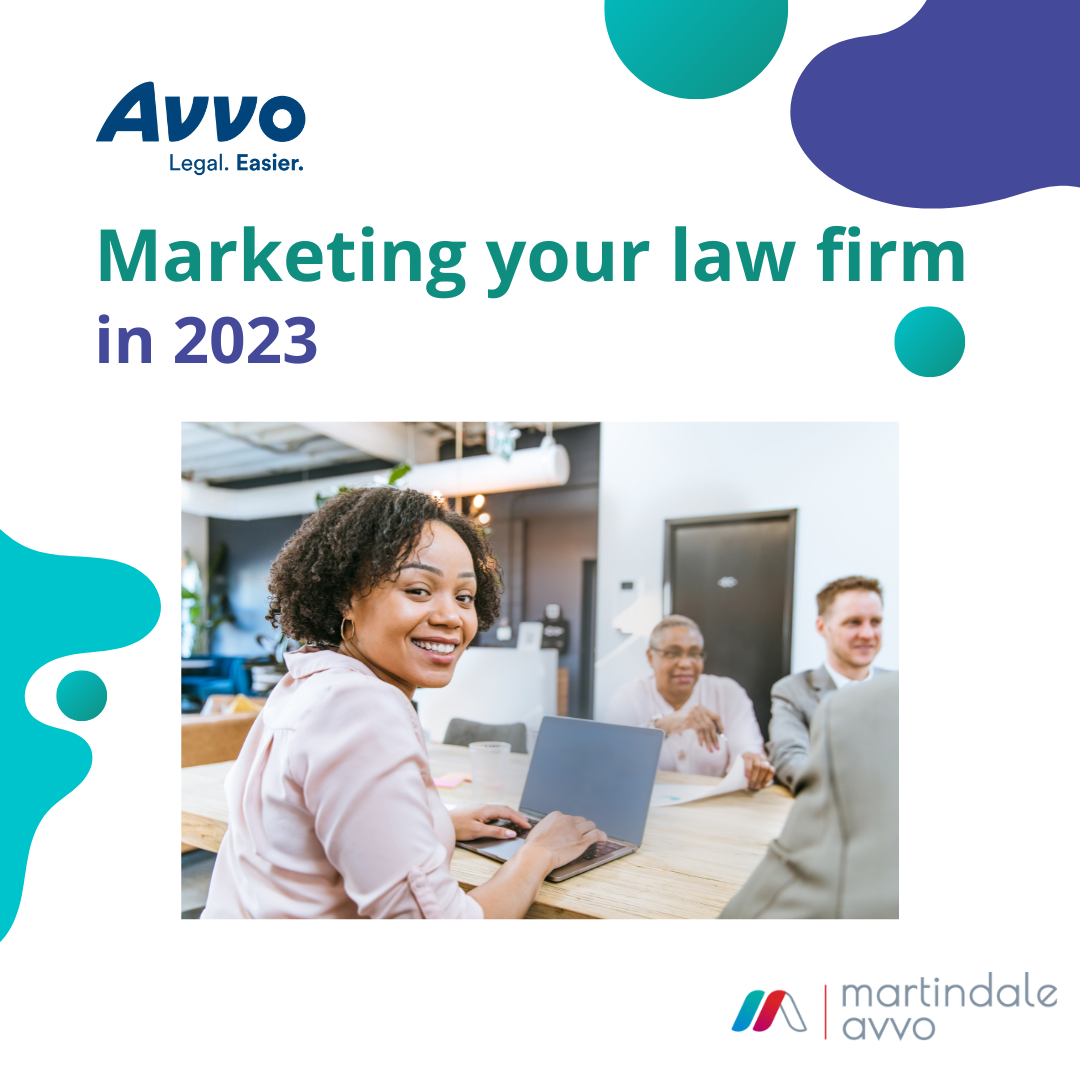Is AI content legal on law firm websites?

In the past, legal work has meant spending hours combing through documents. New technology has made this type of detailed document review much easier and more efficient. This technology is a form of artificial intelligence (AI).
But what about using AI in your legal marketing? AI services like ChatGPT or Google Gemini can quickly produce content for your law firm’s website, but that content may not always be accurate. So, is it worth the risk to use AI content to market your legal services?
Let’s take a closer look at that question by reviewing the nature of AI-generated content and the obligations of lawyers for truth and accuracy in marketing.
What Is AI-Generated Content?
Traditionally, content marketing, including text that appears on law firm websites, is written entirely from scratch by human beings. However, new AI tools, like ChatGPT, have made it quick and easy for website owners to draft several paragraphs of content based on a few key phrases.
ChatGPT and other generative AI tools respond to your prompt based on what it predicts you want to know. To accomplish this task, AI tools are often trained on pre-existing content that’s available online. They can produce convincing and even compelling content, although it is not always accurate or complete. Since AI tools are trained on publicly available materials that may not be vetted for accuracy, they can repeat bad information as easily as good, and the casual reader might be hard-pressed to tell the difference.
Does AI Content Help With Marketing?
Google has long said that the quality of content directly impacts search ranking. In terms of AI-generated content, Google said in February 2023 that content produced by AI can still be quality content as long as it is original and complies with the search engine’s E-E-A-T standards: demonstrating experience, expertise, authoritativeness, and trustworthiness.
Google also says its technology to find spam remains in place and is very effective at weeding out low-value content, no matter how the content is produced. In fact, a Search Engine Land report in December 2023 said that only 4% of documents scanned by Google bots on the web actually end up in the Google index.
So, AI-generated content might help your firm’s digital marketing efforts, as long as it’s original and helps users. In practice, that means that most marketers might use AI to create drafts or outlines but rely on real people to fact-check the output and develop final, publishable content. If you want to use generative AI to create digital marketing content for your firm, make sure the content is accurate and follows all applicable professional responsibility rules.
Do Lawyers Have To Disclose on Their Websites if They Use AI Content?
The rules about lawyer marketing vary by state bar association. However, many states impose rules on lawyer advertising and specifically prohibit using false or misleading text in advertisements. That generally includes a law firm’s public-facing website, even though some attorneys don’t immediately think of a website as an ad.
Even if the bar association does not specifically require a firm to disclose the use of AI-generated content, it might insist that a law firm ensure that the information on its site is correct and not at all misleading. While you are thinking about using AI for law firm marketing, it might also help to assess how you can use AI for other tasks.
When Do Lawyers Use AI?
Most commonly, lawyers use AI for document review and legal research. This helps attorneys save time going through perhaps thousands of pages of information to find what’s relevant and essential to a particular legal issue.
While document review is one use for AI, the technology is also making its way into other areas. Some lawyers are using AI to develop legal briefs. While AI tools can help lawyers save time drafting briefs, there have been well-publicized cases of lawyers submitting AI-created briefs that have fabricated case citations and quotes. These incidents have led some to advise caution when using AI in the legal field.
What Are the Rules on AI?
Since AI is fairly new and untested in many aspects of legal practice, the rules about using AI are unclear. There might be ethical considerations with using AI in any work for clients. Although the ethical rules set by bar associations might not yet mention AI specifically, there are usually many other rules that might apply to using AI.
For example, most bar associations have adopted rules that require lawyers to act competently, not mislead others, and ensure the confidentiality and security of client information. You must ensure that all aspects of your work comply with these rules, including the parts of your work that are AI-assisted.
Because AI is potentially such a game changer in legal practice, the American Bar Association (ABA) has put together a task force to examine several issues connected to the law and AI. The ABA is looking at how AI touches all aspects of legal work, from the courts to access to justice, but has not yet issued rules about using AI to perform legal work.
What Should Lawyers Think About?
When approaching the use of AI in marketing or other aspects of legal practice, you might want to consider:
- Reviewing state bar association guidelines
- Discussing the use of AI-generated content with marketing professionals
- Working to consistently ensure the accuracy and ethical nature of AI-produced work
You should also stay up-to-date on new rules concerning AI use in legal practice so that you can make the most of AI tools while meeting your ethical responsibilities.
Advancing Your Legal Practice With Digital Marketing
An advanced and ethical digital advertising and marketing strategy can help build your practice. Learn how the tools offered by Martindale-Avvo can help support that strategy. Contact us today to see how we can help.









